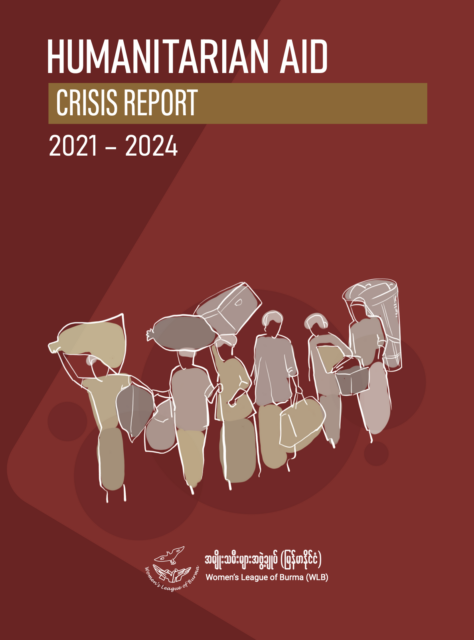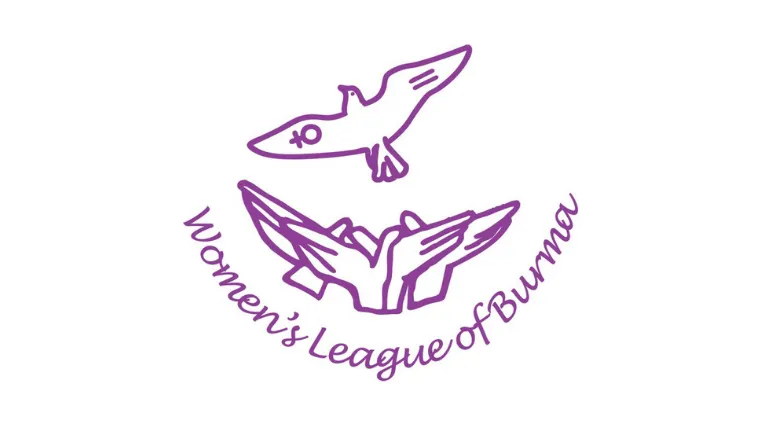
Executive Summary
The Women’s League of Burma (WLB) presents this report to address the humanitarian crisis faced by internally displaced persons (IDPs) in Myanmar, particularly emphasizing the unique challenges faced by women and marginalized groups in the aftermath of the military coup in February 2021. The ongoing conflict has led to a significant increase in the number of IDPs, with estimates indicating that over 1.3 million people have been forcibly displaced due to military offensives and violence.
Displaced women and girls are particularly vulnerable to sexual and gender-based violence, which is exacerbated by a lack of access to essential services such as healthcare and legal protection. The shortage of sexual and reproductive health services has resulted in increased maternal health complications, including hemorrhages, miscarriages, and pregnancy-induced hypertension. Food insecurity further compounds these issues, with women often sacrificing their own nutrition to ensure that their families have enough to eat.
WLB has actively responded to these urgent needs by providing essential support services, including food, sanitation kits, and healthcare to over 47,000 IDPs and various human rights activists. Despite these efforts, humanitarian assistance is severely constrained by security challenges, as aid workers face constant risks of arrest and surveillance by military forces. The transportation of aid is heavily restricted, and the threat of violence has made it difficult to stockpile supplies or maintain a steady flow of assistance to those in need.
Additionally, the documentation of human rights violations has become increasingly perilous. WLB members encounter significant challenges in recording abuses committed by both the military junta and resistance forces, as fear of retribution deters survivors from coming forward. The breakdown of the judicial system has left many feeling hopeless about the prospects for justice, further complicating the provision of support services to victims of violence.
Overall, this report underscores the urgent need for sustained humanitarian assistance and protection for vulnerable populations in Myanmar, particularly as the country continues to grapple with the devastating impacts of conflict and displacement.

